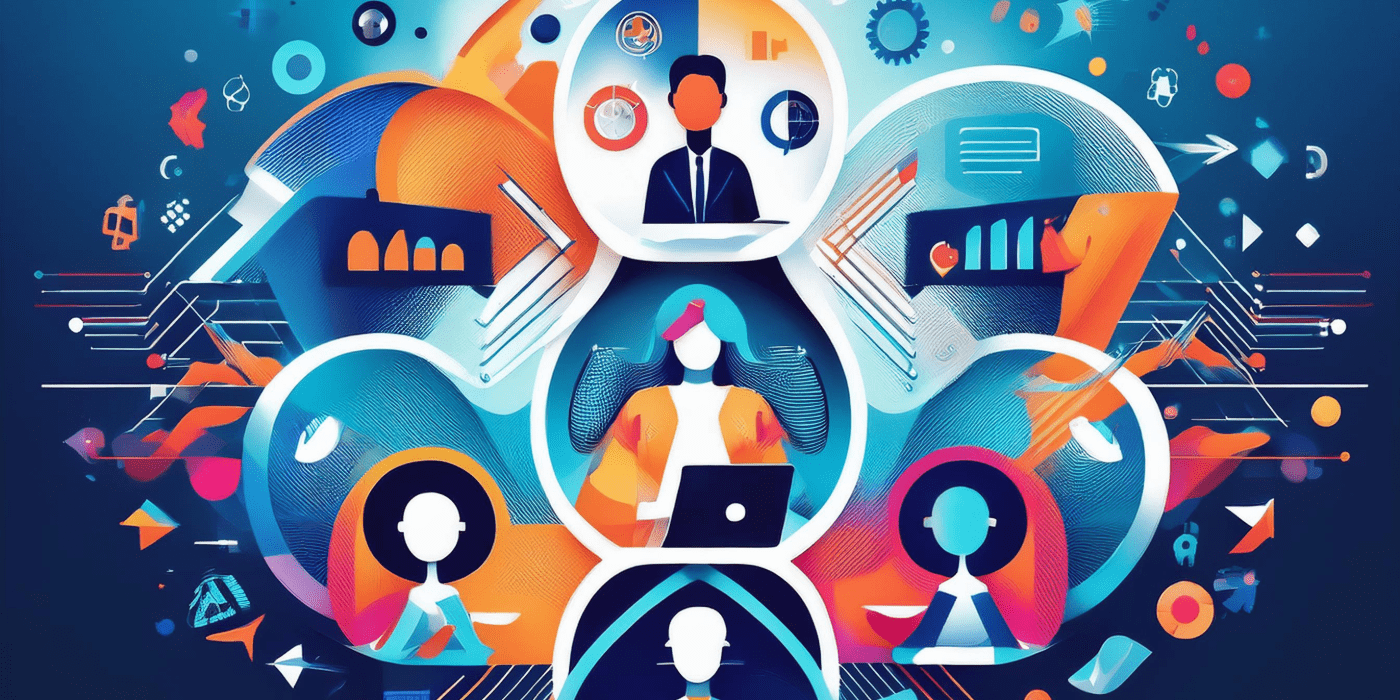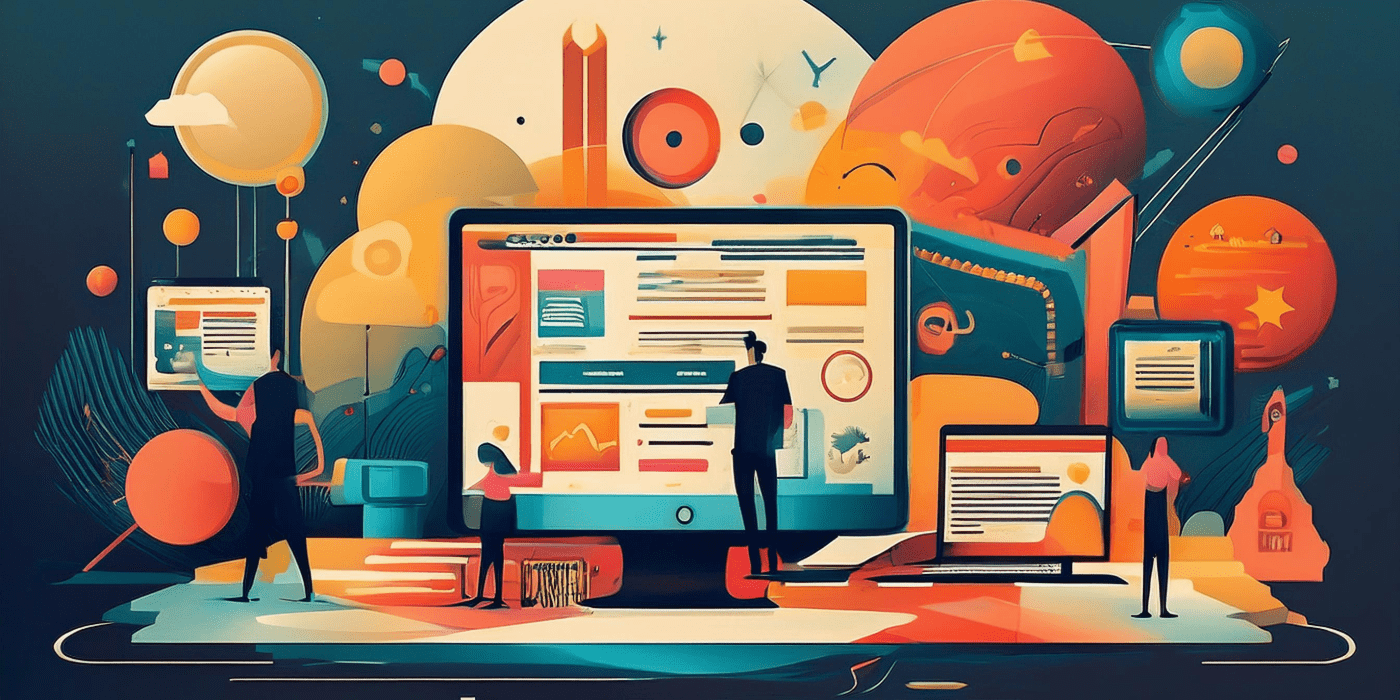- The Top 10 Skills
- 1. Digital Literacy and Technological Proficiency
- 2. Critical Thinking and Advanced Analytical Skills
- 3. Emotional Intelligence (EQ)
- 4. Adaptability and Resilience
- 5. Leadership and Strategic People Management
- 6. Sustainability Literacy and Green Skills
- 7. Data Literacy and Storytelling
- 8. Interdisciplinary Expertise
- 9. Creativity and Innovative Thinking
- 10. Cybersecurity Competence
- Conclusion
As we approach 2025, the dynamics of the workplace are undergoing profound transformations, driven by technological advancements, shifting societal expectations, and economic shifts. The rapid pace of change has redefined the competencies that employers value most, emphasizing a harmonious blend of technical acumen, emotional intelligence, and adaptive thinking. These shifts highlight the urgent need for workers to remain agile, future-focused, and continually learning.
This analysis dives deep into the top 10 skills that will dominate the professional landscape in 2025. For students, early-career professionals, and industry veterans alike, mastering these competencies is not only essential for staying ahead in an increasingly competitive global job market but also for contributing meaningfully to the broader goals of innovation, sustainability, and equitable progress.
The Top 10 Skills
1. Digital Literacy and Technological Proficiency
The ubiquity of digital transformation has placed technological fluency at the core of professional success. Employers expect proficiency in tools such as AI systems, blockchain technologies, and cloud-based platforms. Beyond navigating these technologies, employees are required to leverage them for operational efficiency, strategic innovation, and competitive advantage.
How to Master It:
- Enroll in specialized online courses on platforms like Coursera, edX, or LinkedIn Learning to build expertise in trending technologies.
- Engage with hands-on projects using open-source software and experiment with emerging AI tools to deepen understanding.
- Stay updated on technological advancements by following thought leaders, participating in tech webinars, and subscribing to industry publications.
2. Critical Thinking and Advanced Analytical Skills
The ability to analyze complex problems, synthesize large datasets, and propose evidence-based solutions remains a foundational skill across all industries. Organizations increasingly rely on data-driven decision-making, elevating the importance of professionals who can draw actionable insights from information.
How to Master It:
- Develop expertise in analytical tools such as Tableau, Power BI, and Python for data visualization and interpretation.
- Engage in real-world problem-solving exercises, such as case studies or business simulations, to enhance structured thinking.
- Explore advanced logic-building activities, including puzzles and scenario-based training, to refine your critical faculties.
3. Emotional Intelligence (EQ)
Automation may handle routine tasks, but emotional intelligence—encompassing empathy, self-awareness, and relationship management—sets exceptional professionals apart. EQ fosters workplace harmony, enhances leadership capabilities, and builds trust within teams.
How to Master It:
- Attend workshops that focus on emotional awareness, conflict resolution, and interpersonal skills.
- Actively seek feedback to understand and refine your interpersonal approach.
- Practice active listening in professional settings to strengthen communication and connection.
4. Adaptability and Resilience
Today’s unpredictable work environments demand resilience—the capacity to recover from setbacks—and adaptability—the ability to embrace and thrive amidst change. Both qualities are crucial for navigating evolving business landscapes and seizing new opportunities.
How to Master It:
- Incorporate mindfulness practices, such as meditation and journaling, to maintain mental clarity and composure.
- Volunteer for challenging projects that require learning new skills or navigating unfamiliar territory.
- Develop a growth mindset by reframing challenges as opportunities for improvement and innovation.
5. Leadership and Strategic People Management
Leadership in 2025 is less about authority and more about influence. Effective leaders inspire collaboration, mediate conflicts, and foster innovation in hybrid and remote teams. These traits are critical for driving success in complex organizational structures.
How to Master It:
- Explore seminal leadership texts such as Dare to Lead by Brené Brown or The Five Dysfunctions of a Team by Patrick Lencioni.
- Enroll in leadership development programs, focusing on strategic thinking, team management, and decision-making.
- Actively seek mentorship opportunities to refine your leadership style through practical application and feedback.
6. Sustainability Literacy and Green Skills
As sustainability becomes a central pillar across industries, professionals equipped with green skills are instrumental in driving environmentally conscious initiatives. From reducing carbon footprints to championing renewable energy, green skills reflect a commitment to a sustainable future.
How to Master It:
- Pursue certifications in sustainable practices, such as LEED, ISO 14001, or carbon footprint analysis.
- Stay informed about global environmental regulations and trends shaping sustainability goals.
- Actively participate in organizational sustainability initiatives to build practical expertise.

7. Data Literacy and Storytelling
The exponential growth of data has transformed it into a critical asset. Data literacy, the ability to interpret, visualize, and communicate data-driven insights, bridges the gap between analysis and decision-making. This skill empowers professionals to drive impactful strategies.
How to Master It:
- Develop technical proficiency in SQL, Python, or R for data manipulation and analysis.
- Learn to create compelling visual narratives using tools like D3.js, Tableau, or Google Data Studio.
- Participate in storytelling workshops to hone your ability to communicate insights effectively.
8. Interdisciplinary Expertise
The convergence of industries has created a demand for professionals with interdisciplinary expertise. Combining knowledge from fields like healthcare, technology, and business allows for innovative solutions and breakthrough collaborations.
How to Master It:
- Collaborate on interdisciplinary projects to gain diverse perspectives and practical experience.
- Attend cross-disciplinary conferences or webinars to broaden your intellectual horizons.
- Regularly engage with academic research across multiple fields to foster integration of ideas.
9. Creativity and Innovative Thinking
Creativity is the antidote to automation, fueling problem-solving, innovation, and differentiation in competitive markets. Professionals who excel in generating novel ideas and solutions will remain highly valued.
How to Master It:
- Dedicate time to creative exercises, such as brainstorming sessions, sketching, or mind mapping.
- Participate in innovation-focused events like hackathons, design sprints, or entrepreneurship competitions.
- Study techniques like design thinking or lateral thinking to enhance creative problem-solving.
10. Cybersecurity Competence
As cyber threats evolve, cybersecurity awareness and competence are no longer confined to IT departments. Professionals must understand basic security protocols to protect organizational assets and ensure compliance with regulatory standards.
How to Master It:
- Enroll in cybersecurity certification programs like CompTIA Security+ or CISSP.
- Stay updated on emerging threats and prevention techniques through industry blogs or training.
- Advocate for secure practices within your team by promoting awareness and proactive measures.
Conclusion
The professional landscape of 2025 reflects a profound interplay between human-centric skills and technological mastery. Mastering these ten skills ensures not only career resilience but also the ability to drive innovation, foster collaboration, and create meaningful change.
Key Takeaway: The future belongs to those who embrace adaptability, continuous learning, and interdisciplinary expertise. Begin your journey today to lead the workforce of tomorrow with confidence and vision.




